Tag: Supreme Court
-
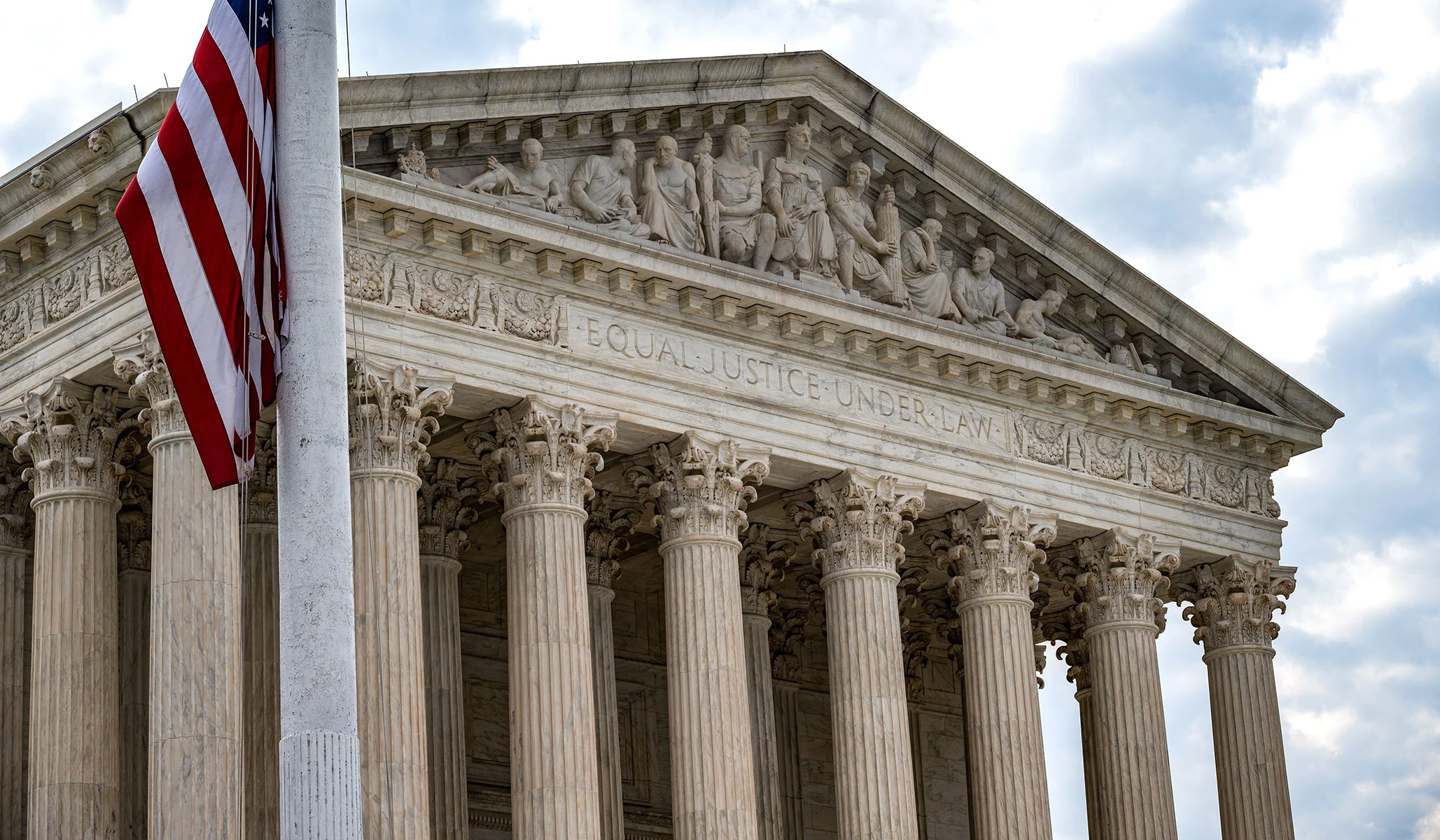
The Supreme Court’s Stance on Racial Discrimination in Recent Decisions
The Supreme Court has recently made decisions that highlight its stance on racial discrimination, particularly when it is mandated by Congress. In two cases, Allen v. Milligan and Haaland v. Brackeen, the Court ruled in favor of laws that draw racial distinctions. The Allen decision required Alabama to create segregated congressional districts for black voters,…
-
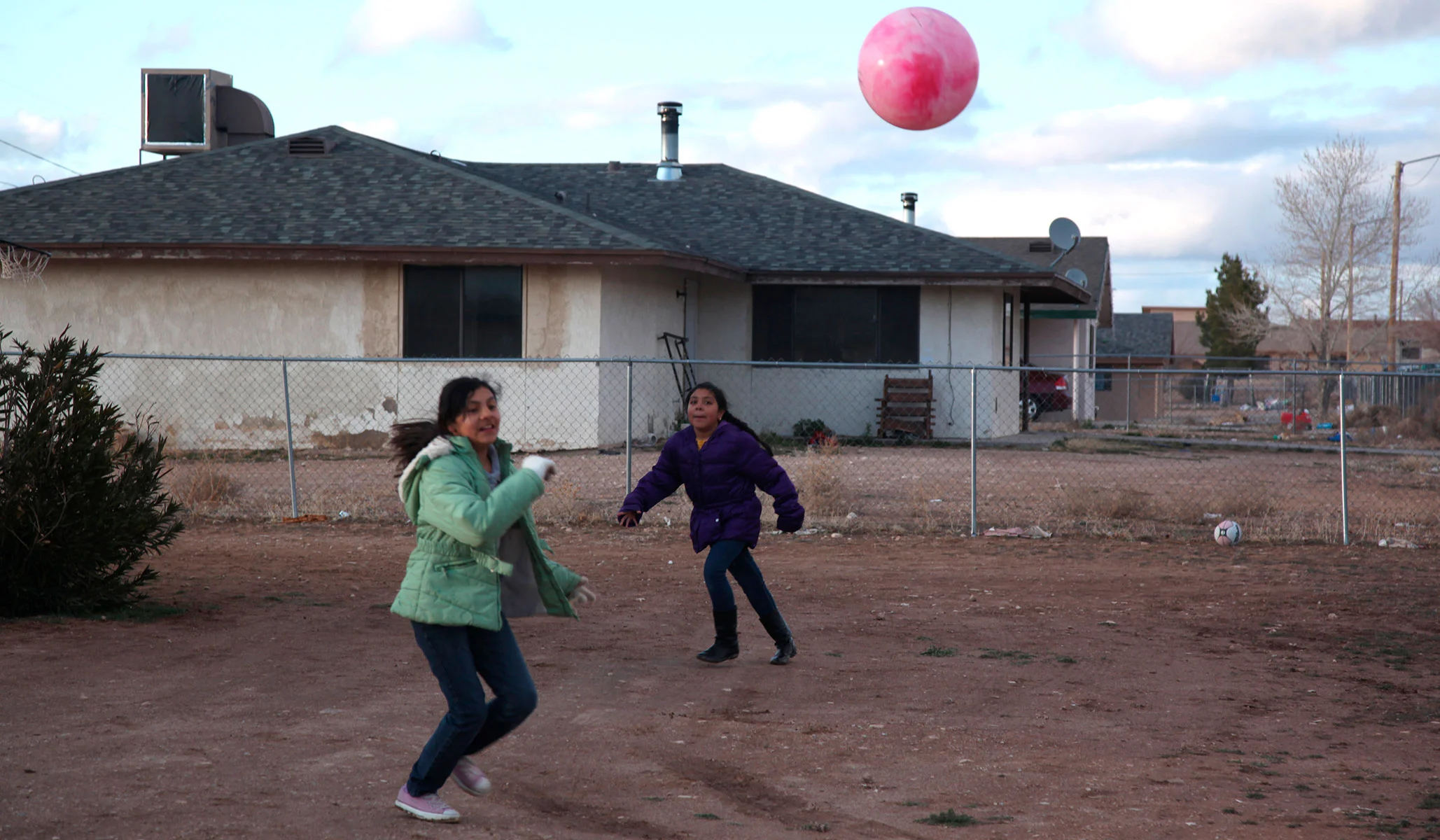
The Indian Child Welfare Act: How It Fails Vulnerable Children in Foster Care
The United States has been accused of prioritizing generic Indian culture over the welfare of individual children who find their way into the foster-care system. This is due to a four-decades-old law that essentially treats Indian children in foster care as second-class citizens. The Supreme Court had the opportunity to help these vulnerable children in…
-
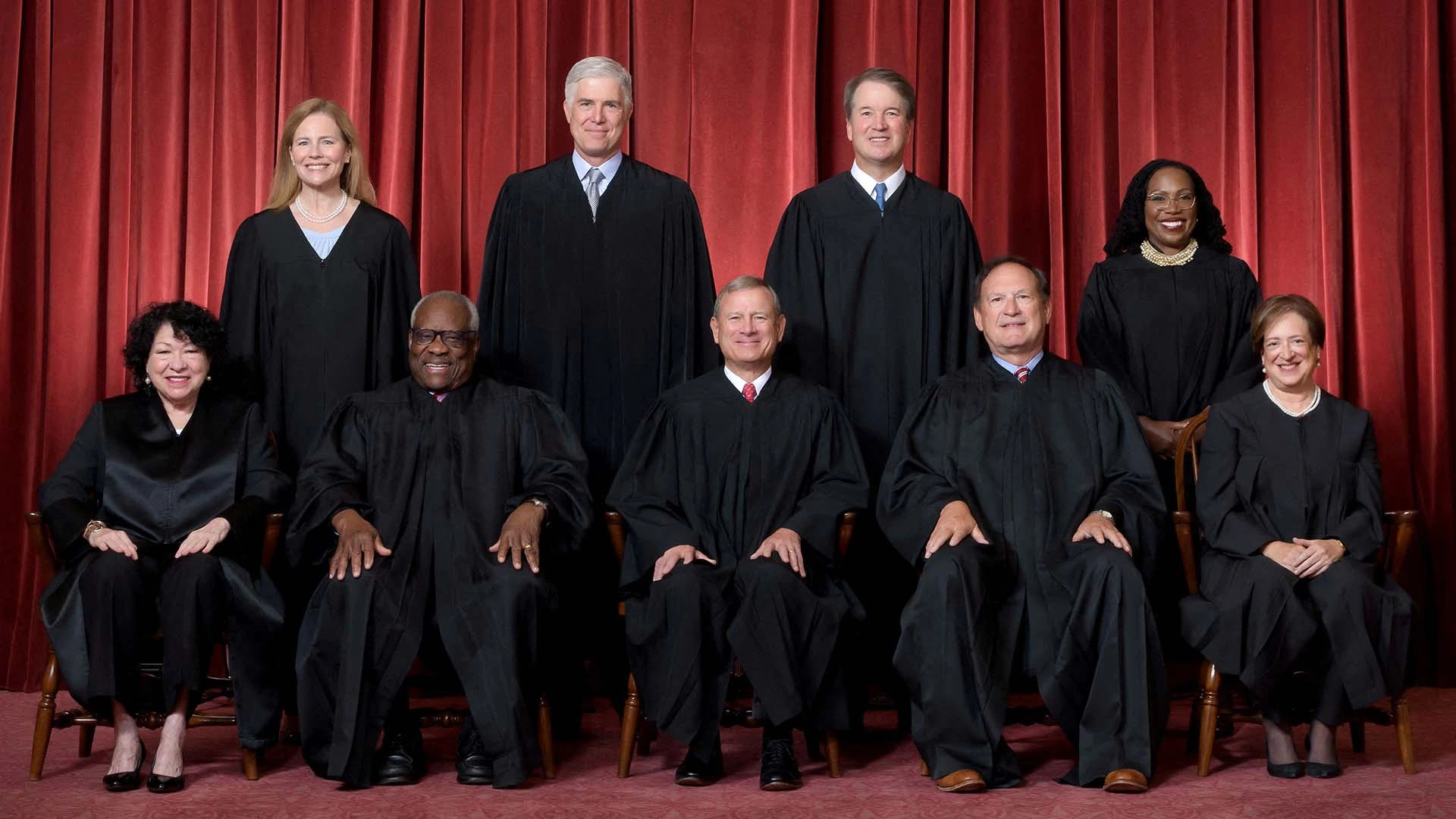
The Supreme Court is More United Than You Think
The recent Supreme Court decision regarding Samuel Alito’s stance on wetlands has been the subject of sensational headlines, such as “Samuel Alito’s Assault on Wetlands Is So Indefensible That He Lost Brett Kavanaugh.” However, despite the media’s penchant for playing up dissent at the Court, the justices unanimously sided with the petitioners in this case.…
-
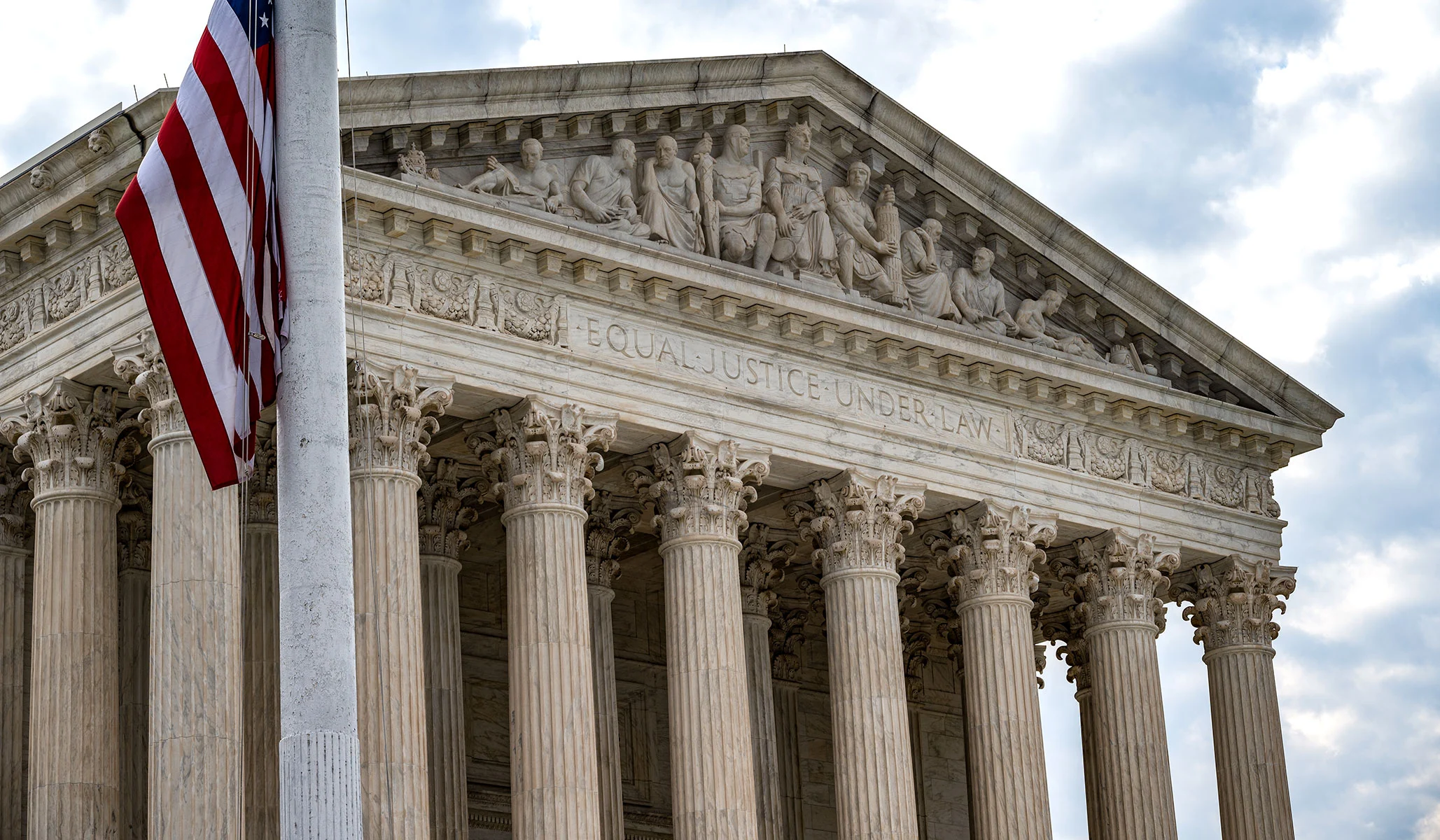
Supreme Court Upholds Racial Preferences in Haaland Case: Analysis and Implications
The Supreme Court has recently made decisions in cases involving racial discrimination, highlighting the deference given to Congress in such matters. In Allen v. Milligan, the Court required Alabama to create segregated congressional districts for black voters, while in Haaland v. Brackeen, the Court upheld a congressional statute giving preference to Native-American parents in the…
-
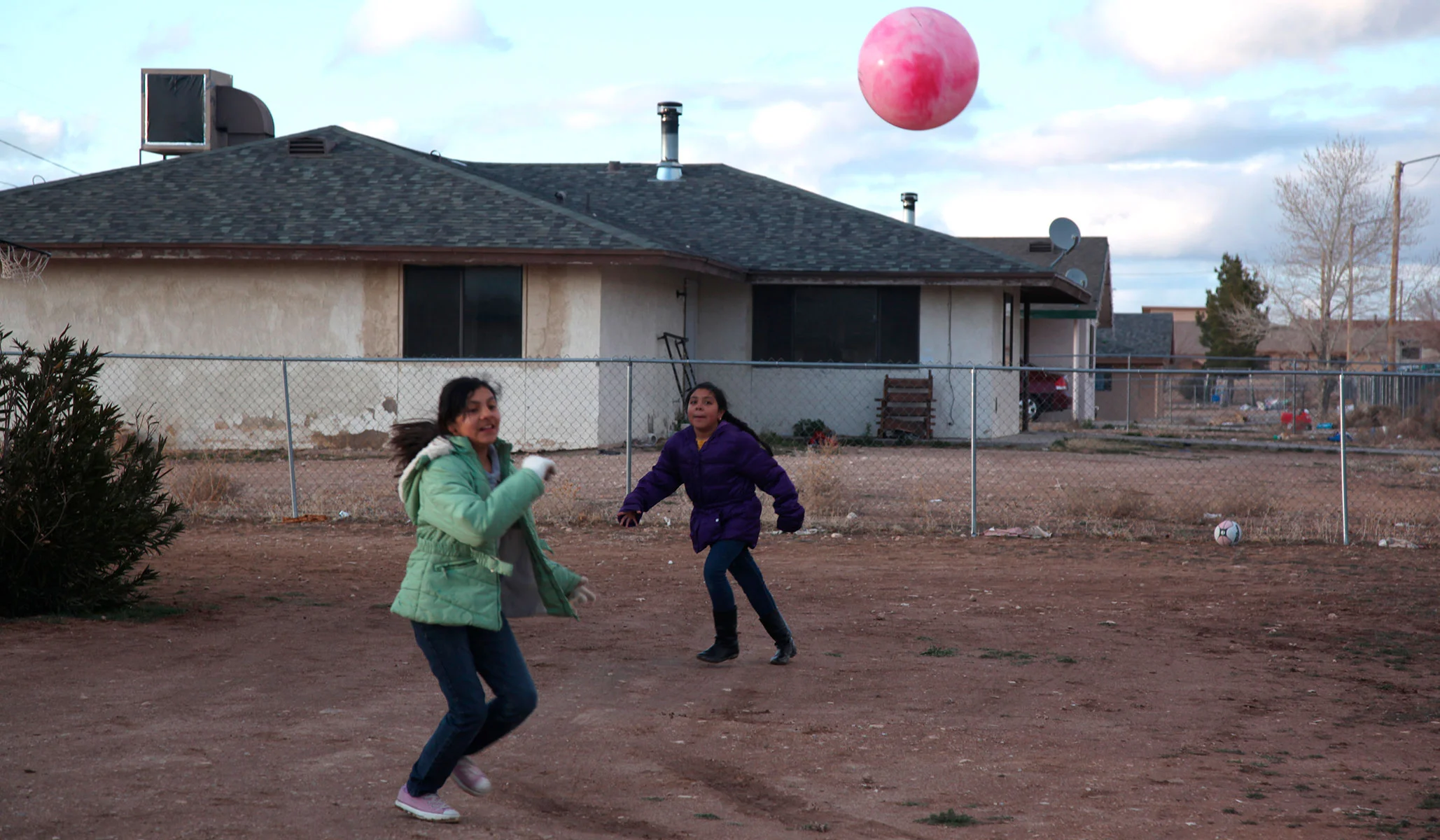
The Indian Child Welfare Act: A Law Failing Vulnerable Children
The United States’ approach to Indian children in foster care is to find any Indian, regardless of the child’s individual welfare. The Indian Child Welfare Act, a law that is four decades old, prioritizes generic Indian culture over the welfare of individual children who find themselves in the foster-care system. Recently, the Supreme Court had…
-
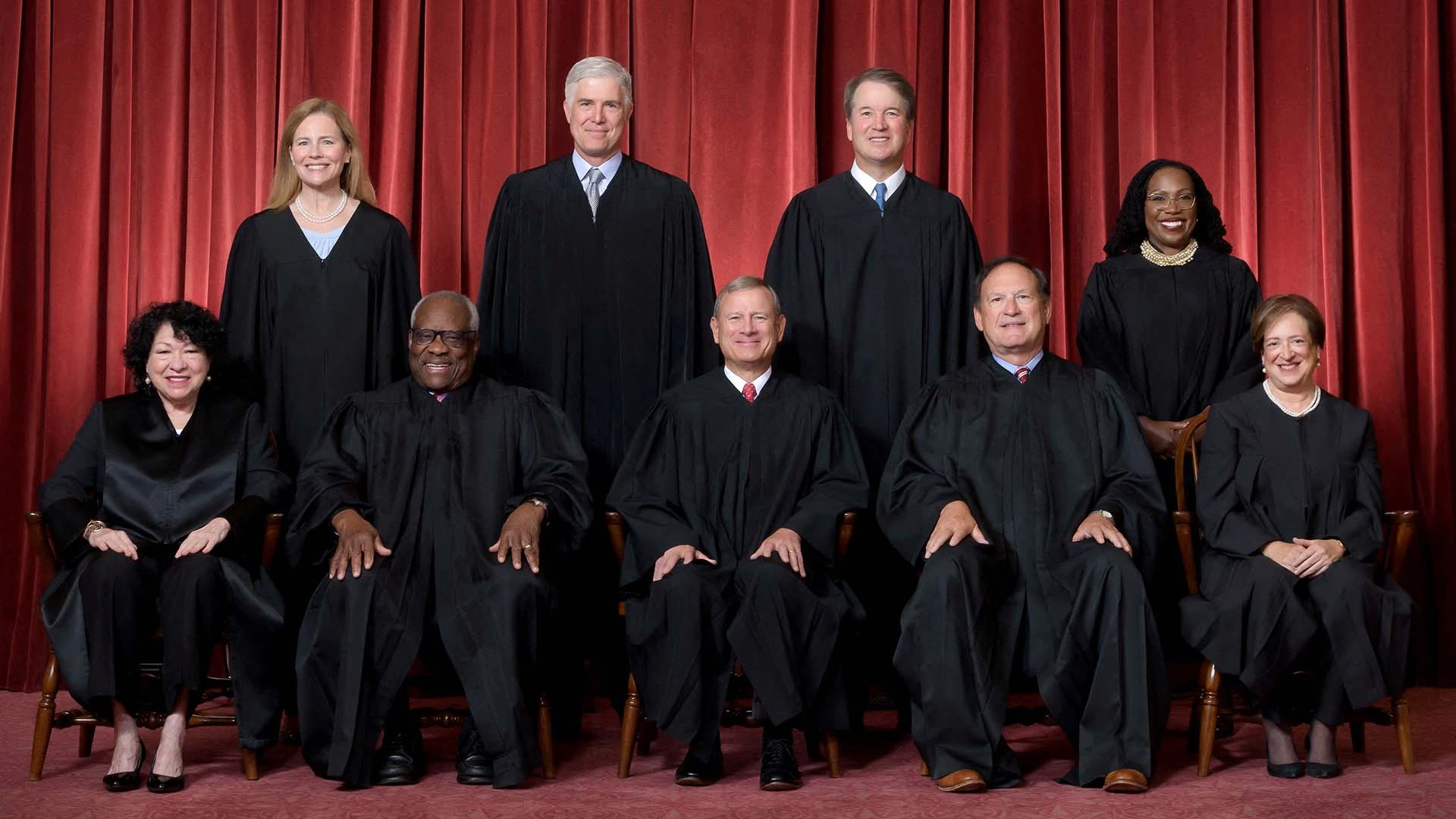
The Supreme Court is Not as Divided as You Think: Understanding Unanimous Rulings
A recent Supreme Court decision regarding wetlands has been the subject of misleading headlines, such as “Samuel Alito’s Assault on Wetlands Is So Indefensible That He Lost Brett Kavanaugh.” While the media often plays up dissent at the Court, in reality, the Court is not as divided as many believe. Just under half of the…
-
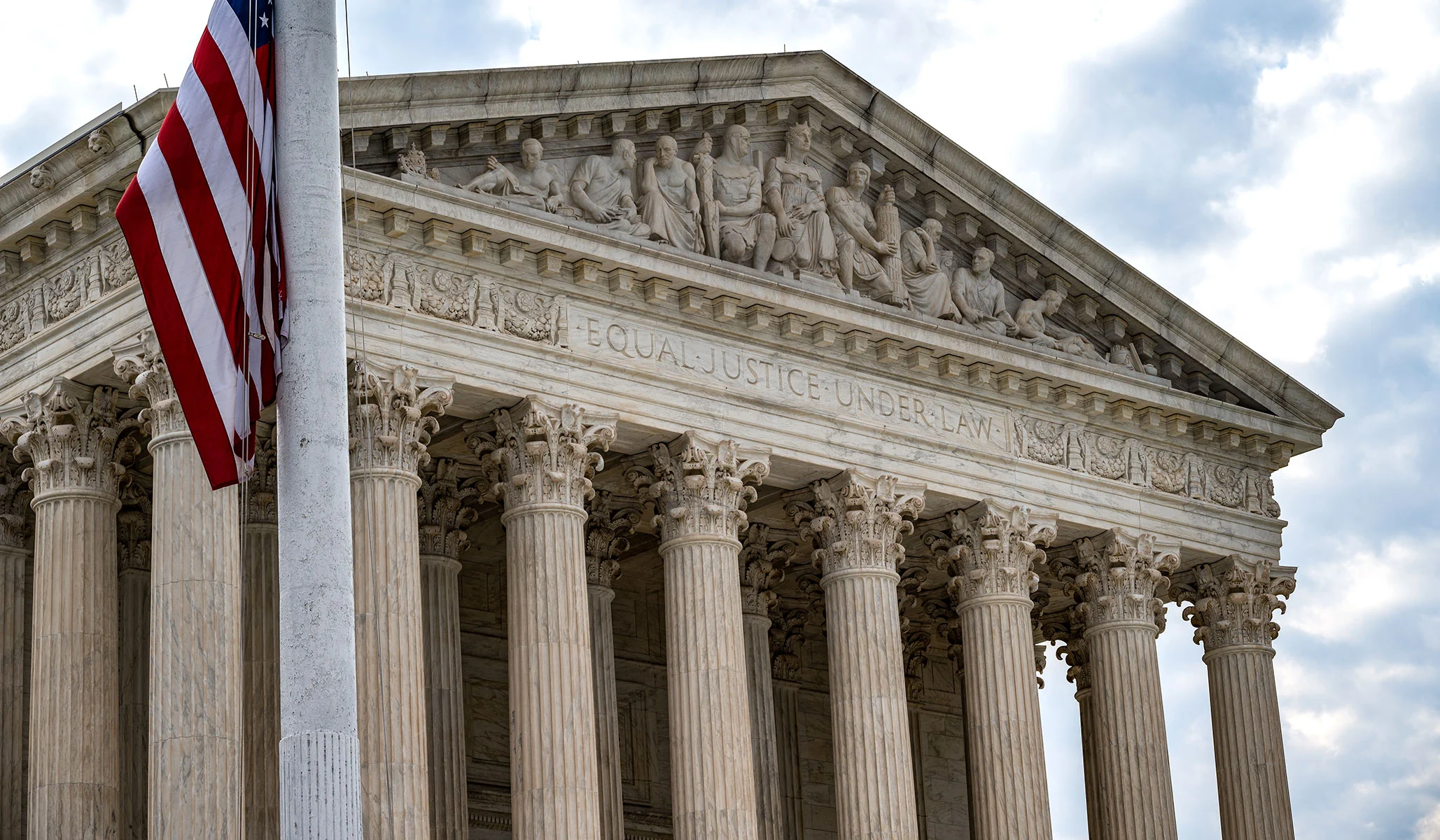
The Supreme Court’s Recent Decisions on Race and Nationalism: Analysis and Implications
The Supreme Court’s recent decisions in Allen v. Milligan and Haaland v. Brackeen have raised questions about racial discrimination and nationalism in the United States. In Allen, the Court ordered Alabama to create segregated congressional districts for black voters, while in Haaland, the Court upheld a statute that prioritizes Native-American parents in the adoption of…
-
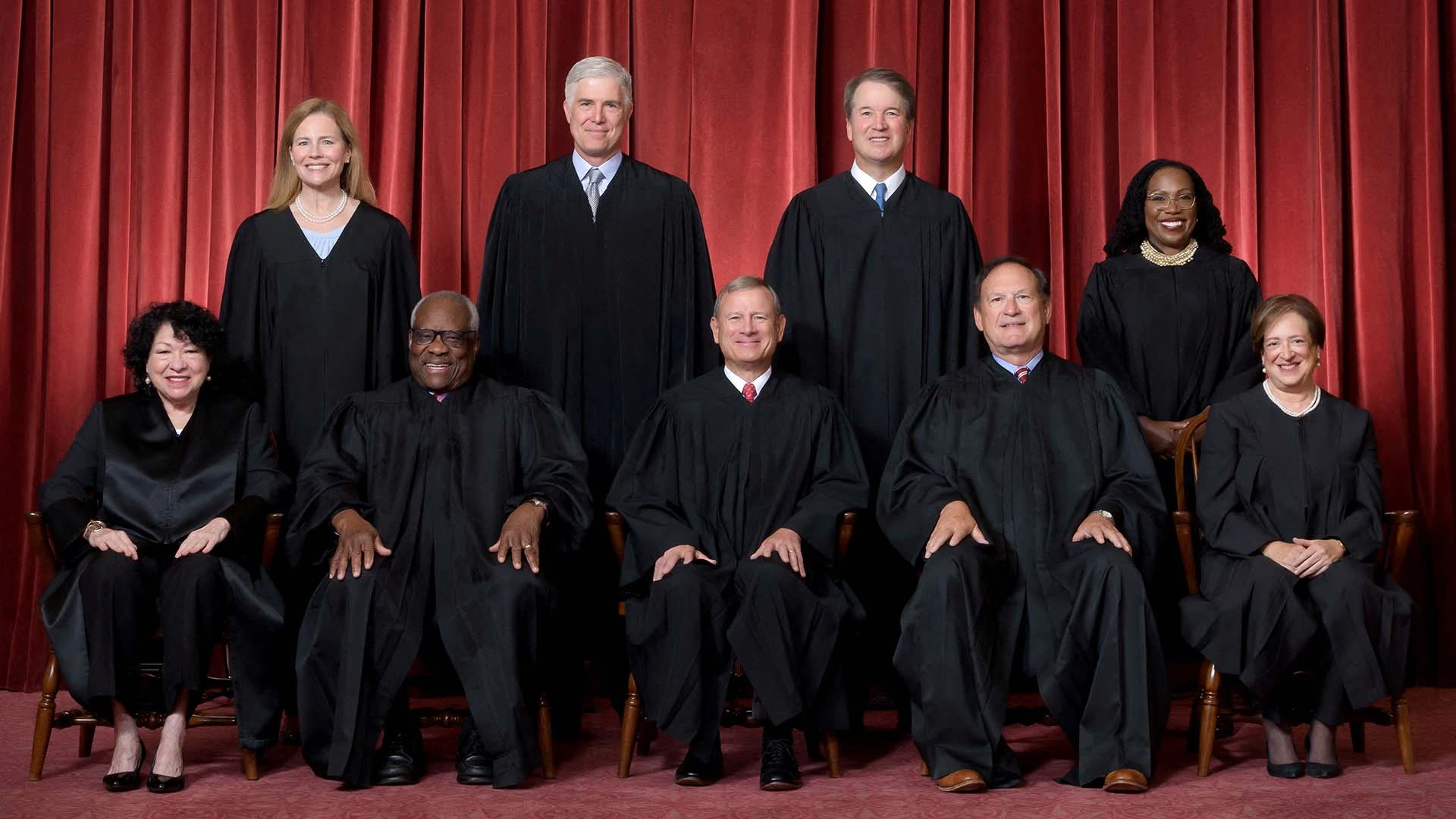
The Supreme Court is Not as Divided as You Think: Unanimous Rulings and Individual Justices
The Supreme Court is often portrayed as deeply divided along partisan lines in the media, but this is not entirely accurate. While there are cases where the justices disagree, the Court still issues unanimous rulings in just under half of the cases it decides each term. This number has decreased over time, but there are…
-
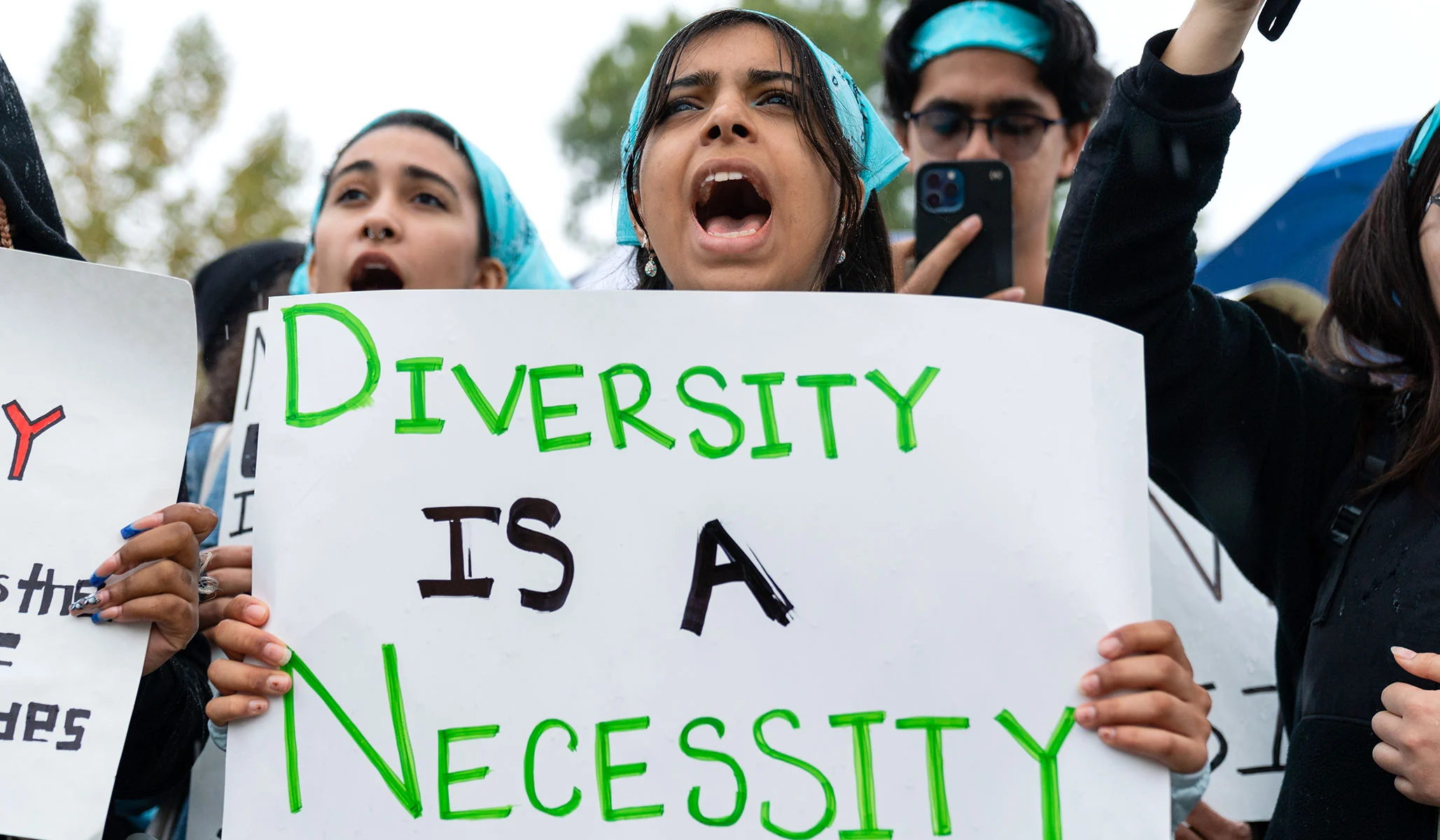
Harvard Law Professor Discusses Challenges to African American Advancement in the US
Harvard Law professor Randall Kennedy, in a guest essay for The New York Times titled “The Truth Is, Many Americans Just Don’t Want Black People to Get Ahead,” discusses the challenges faced by efforts to promote African American advancement and address racial disparities. Kennedy highlights the history of criticisms of “reverse discrimination” and “preference” in…